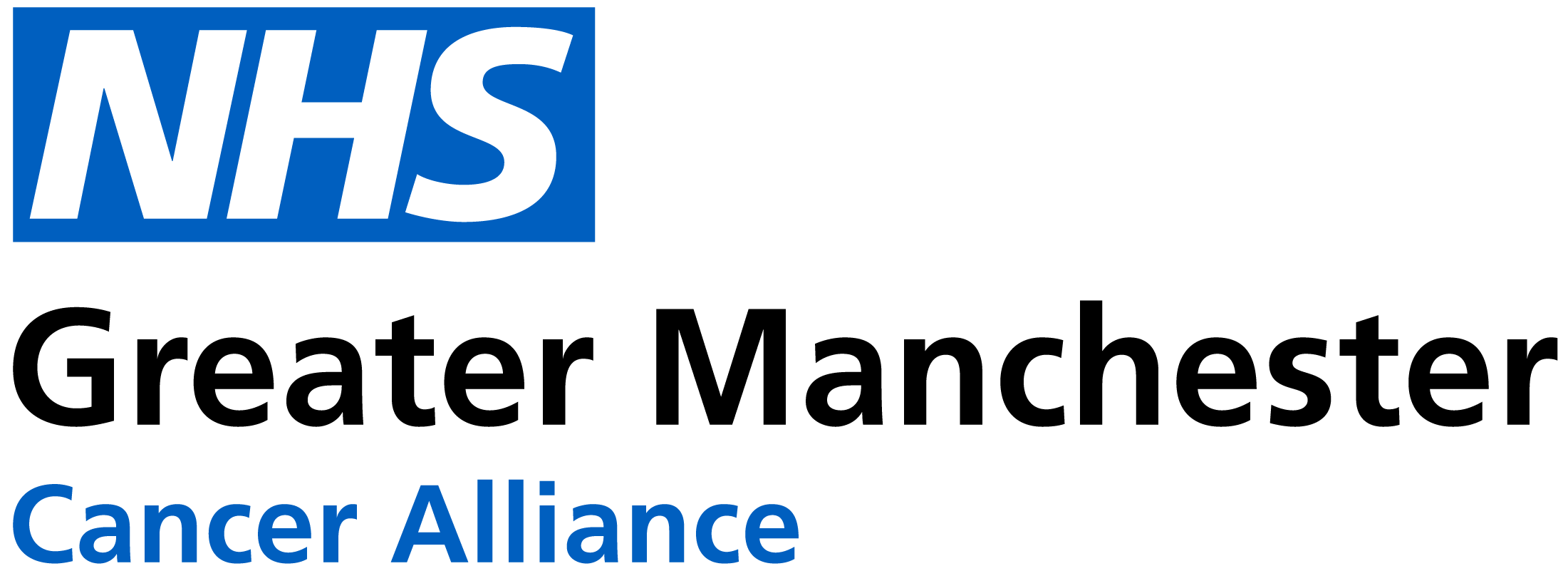Cancer voices resources – pathway boards and small communities
This page contains a training video explaining all about the structure of our pathway boards and small communities, which you can watch to the right. The copy below explains things in more detail.
What is a pathway board?
In this training, when we refer to ‘pathways’ we are talking about cancer pathways, which means the sequence of steps involved in the diagnosis and treatment of cancer.
The pathway boards at the Greater Manchester Cancer Alliance aim to deliver system wide improvements to cancer pathways, patient outcomes and the experience of care.
The pathway boards are formed of a group of clinical experts that specialise in that cancer type and work together to deliver system wide improvements for patients diagnosed with cancer. By system, we mean all hospitals providing care within Greater Manchester. The pathway board is a mechanism of bringing them together to make sure that the improvements we make reach everyone regardless of where they live.
At the Greater Manchester Cancer Alliance, we support 12 different cancer pathway boards; all are tumour specific except for one cross cutting area, acute oncology.
Who attends the pathway boards?
Each pathway board is led by a clinical lead, and a pathway manager. The board brings together a wide range of stakeholders with expertise from across the pathway.
The board membership includes representatives from each specialty and hospital that provides care for that cancer type. As examples, they include surgeons, oncologists, nurses, radiographers, GPs, cancer managers and patient and carer representatives.
The pathway manager and clinical lead manage the projects for improvement and the wider membership of each board is expected to challenge, advise and work together to progress each project and implement them effectively across the Greater Manchester healthcare system.
Why are the pathway boards important at the Cancer Alliance?
Pathway boards bring all of the different cancer services together to make improvements across all hospitals for all cancer patients in Greater Manchester.
We want to make sure that everyone gets equal access to cancer services, no matter where you live, and that you get a diagnosis and treatment as quickly as possible.
How can Patient & Carer Representatives get involved with the pathway boards?
We’re passionate about ensuring that all of our pathway boards have representation from people with lived experience of cancer. Ensuring the voice of patients and carers is heard at board level is vital to making sure our work is fit for purpose and in the best interest of patients.
Patient and carer representatives are an equal peer on the board alongside other board members. They are responsible for championing the diverse views and rights of patients and carers, and also for challenging and being a ‘critical friend’ where needed.
The patient and carer representatives are supported to attend and engage at the pathway board by both the pathway manager and also the patient and public involvement and engagement team.
If you would like to join one of pathway boards, we share all available opportunities on our Current Opportunities Board.
What are Small Communities?
A small community can be defined as an ‘expert by experience’ focus group, where members share lived experience of a particular cancer type/pathway e.g. lung cancer.
Members of the small communities are asked to consult and provide input on key projects happening across the Alliance, as well as through the pathway board, such as service changes. They also have the opportunity to discuss topics that matter to them based on their experience, highlighting where improvements could be made.
Small communities also help our patient and carer representatives who are members of the pathway board to represent wider perspectives than their own, as they hear what matters to others.
We currently have small communities for the majority of cancer pathways. The diagram below displays this. We continue to grow and diversify these groups, and are looking to establish new small communities where they don’t currently exist.
To join a small community, or find out more, visit our website or get in touch with us via email: gmcancer.voices@nhs.net

